Top Durable Juicers for Home and Commercial Use in 2025
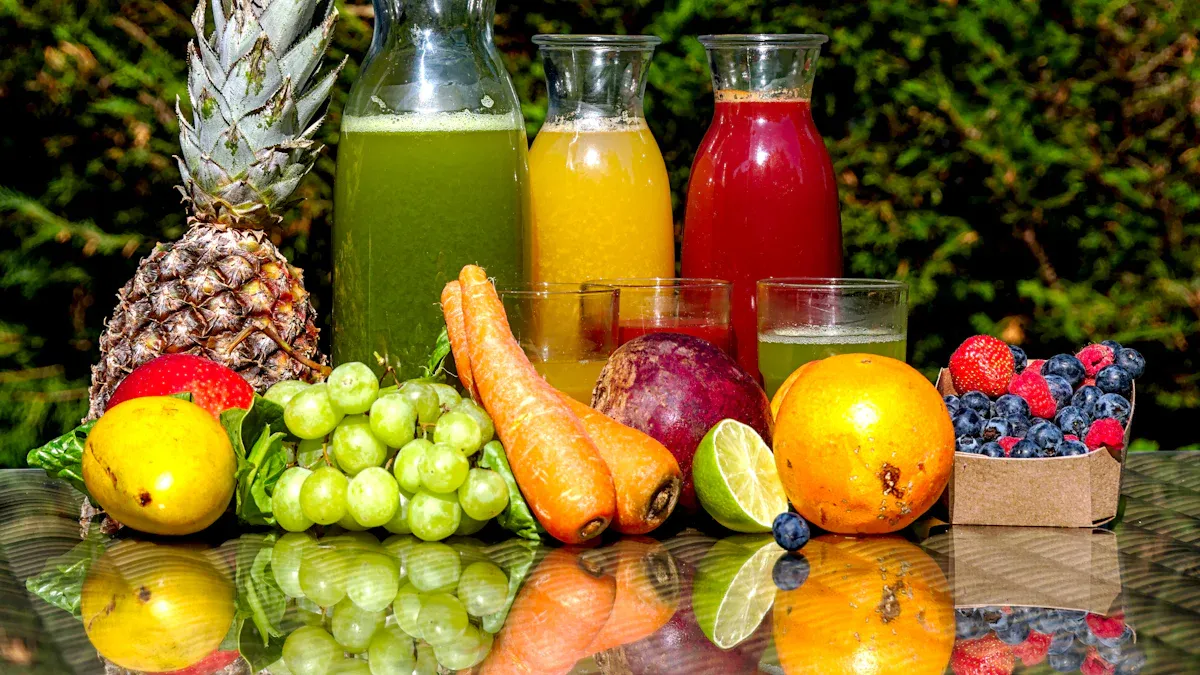
When juicing, buying a durable juicer saves time and money. It also helps avoid problems. Whether for your family or a juice shop, strength is key. The juicer market is growing fast, with 7.4% yearly growth until 2030. This rise shows people want tough juicers for daily use. In 2025, the top durable juicers will mix new technology with lasting power. They help you get every bit of juice. Want to find the right one? Let’s explore!
Key Takeaways
Strong juicers save time and money, great for home or business.
Pick juicers made of tough materials like steel or safe plastics.
Get a juicer with a strong motor to blend hard foods well.
Simple-to-clean juicers are easier to use and keep clean.
Think about how much juice you need and the fruits or veggies you use to find the right juicer.
Key Features of a Durable Juicer
Material and Build Quality
The materials in a juicer decide how long it lasts. Choose one that works daily without breaking down. Stainless steel is strong, clean, and keeps juice fresh. It protects the natural taste of fruits and veggies. Brands like Kuvings use BPA-free Tritan for containers and Ultem for parts. These materials make juicers safer and stronger for everyday use.
Strong construction is also important. Juicers with tough frames can handle daily work and small accidents. Companies test their products to ensure they last long and work well. If you want a good juicer, pick one with solid build quality.
Motor Strength and Performance
The motor is the heart of a juicer. Strong motors can crush hard foods like carrots easily. For example, the Juilist Juicer has an 800W motor for fast juicing. Slow juicers, like the Professional Slow Juicer, use a 300W motor to save nutrients while juicing.
A strong motor also makes the juicer last longer. It can run for a long time without overheating, which is great for shops. Whether at home or in a juice bar, a good motor keeps your juicer working well.
Ease of Maintenance and Cleaning
No one likes cleaning a hard-to-wash juicer. Easy-to-clean designs save time and keep your juicer working longer. Many people love the AMZCHEF Slow Juicer because it’s simple to clean. When cleaning is easy, you’ll take better care of your juicer.
Simple designs also help. Juicers with fewer parts are easier to use and clean. They also make less mess, so cleanup is faster. Look for juicers that focus on convenience for a better experience.
Comparing Home and Commercial Juicers
Speed and Efficiency
Home and commercial juicers work differently in speed and efficiency. Home juicers are good for soft fruits like apples and pears. They are quick but may struggle with leafy greens. Vertical juicers are fast and need little prep, great for daily use.
Commercial juicers are made for heavy-duty tasks. They have automatic feeding systems to save time and work faster. These machines can juice nonstop without overheating, ideal for juice bars. Horizontal juicers are better for leafy greens but need more prep for hard fruits. For big jobs, commercial juicers are the best choice.
Juicer Type |
Speed and Efficiency Details |
|---|---|
Vertical Juicers |
Quick for soft fruits; easy prep for apples and pears; less effective for greens. |
Horizontal Juicers |
Great for greens; needs more prep for hard fruits; slower due to chopping. |
Juice Yield Efficiency |
Changes by ingredient; greens need more pressure; reviews and tests help find the best. |
Capacity and Output
Capacity and output depend on whether the juicer is for home or business. Home juicers are small and easy to use, perfect for families. They are not made for large amounts of juice, so they’re better for light tasks.
Commercial juicers handle heavy workloads easily. They can juice 17-22 oranges per minute, great for businesses. Strong motors and tough designs make them reliable for busy places. If you need high output, choose a commercial juicer.
Price and Value for Money
Price is a big difference between home and commercial juicers. Home juicers cost less and are good for people on a budget. They are worth the money if you only juice sometimes.
Commercial juicers cost more but are great for businesses. They last longer and have better features, making them worth the price. If you need a juicer for daily use, spending more on a commercial model is smart.
Commercial Juicers |
Home Juicers |
|
|---|---|---|
Design |
Made for heavy use |
Small and simple for families |
Performance |
Fast for nonstop juicing |
Good for occasional use |
Durability |
Built to last under heavy use |
Works well for personal use |
Efficiency |
Automatic systems for faster work |
Manual operation, slower |
Cost |
Higher price for business use |
Cheaper for home use |
Best Juicers for Home Use in 2025
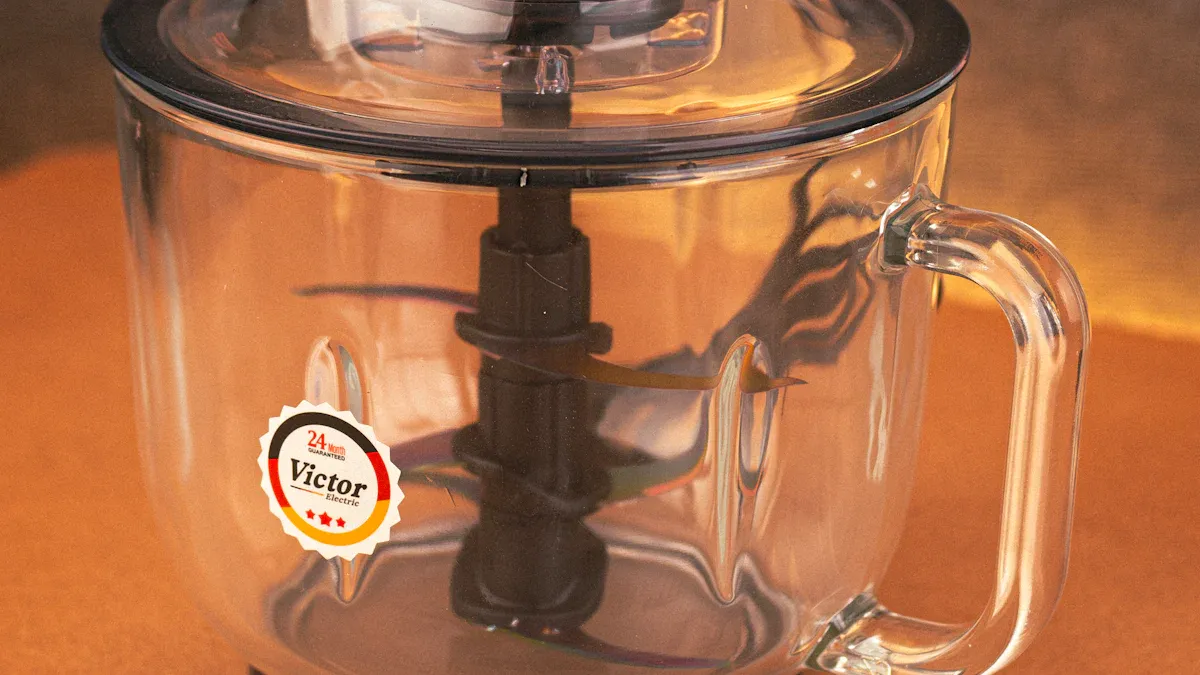
Breville Juice Fountain Elite: Features, Pros, and Cons
The Breville Juice Fountain Elite is fast and strong. It’s great for busy mornings when you need juice quickly. Its 1000-watt motor easily handles fruits and veggies. You get smooth juice in seconds. The wide feed chute means less cutting before juicing.
Features:
1000-watt motor for quick juicing.
Stainless steel parts for strength and long use.
Wide feed chute saves prep time.
Dishwasher-safe parts make cleaning simple.
Pros:
Makes juice fast and easy.
Works well with soft and hard produce.
Cleaning is quick and simple.
Cons:
Not great for leafy greens or wheatgrass.
Can be loud while juicing.
This juicer is perfect if you want speed and ease. It’s durable and simple to use, making it a top pick for home juicing.
Nama J3: Features, Pros, and Cons
The Nama J3 is a quiet cold press juicer. Its self-feeding design lets you load it and relax. It makes juice slowly to keep nutrients fresh. This juicer is compact and easy to store, perfect for small kitchens.
Features:
Self-feeding hopper for hands-free juicing.
Cold press keeps nutrients in your juice.
Compact size fits small spaces.
Quiet motor for peaceful use.
Pros:
Makes more juice with less waste.
Easy to clean with simple parts.
Saves space in your kitchen.
Cons:
Assembly can be tricky at first.
Slower than centrifugal juicers.
The Nama J3 is great for health-focused users. It’s quiet, efficient, and keeps your juice full of nutrients.
Omega Cold Press Juicer: Features, Pros, and Cons
The Omega Cold Press Juicer is perfect for greens and wheatgrass. It juices slowly to keep vitamins and enzymes intact. This juicer is built to last, with a 15-year warranty for peace of mind.
Features:
43 RPM motor for slow juicing.
Cold press reduces oxidation in juice.
BPA-free parts for safety and durability.
Specially made for leafy greens and wheatgrass.
Pros:
Great for juicing greens with high yield.
Keeps nutrients fresh for healthier juice.
Strong design with a long warranty.
Cons:
Juicing takes longer than other models.
Small feed chute needs more cutting.
The Omega Cold Press Juicer is ideal for serious juicers. It’s reliable, nutrient-saving, and worth the investment for long-term use.
Best Juicers for Commercial Use in 2025
Kuvings Auto10 Plus: Features, Pros, and Cons
The Kuvings Auto10 Plus is great for busy juice shops. It’s made for high output and works fast. This cold press juicer keeps nutrients and flavors fresh. The self-feeding hopper lets you add fruits without watching it all the time.
Features:
Hopper feeds itself for easy use.
Cold press keeps juice healthy and tasty.
Strong motor works nonstop.
Big size makes lots of juice quickly.
Pros:
Juices large amounts fast.
Keeps juice fresh with less air exposure.
Cleaning is simple, even after heavy use.
Cons:
Costs more than home juicers.
Takes up more counter space.
This juicer is perfect for busy businesses. It’s strong, reliable, and keeps juice fresh for customers.
Huroma Commercial Juicer: Features, Pros, and Cons
The Huroma Commercial Juicer works slowly to save nutrients. It’s great for juice bars that care about quality. This masticating juicer makes more juice from greens and fruits. Its small size fits well in tight spaces.
Features:
Slow juicing saves nutrients and makes more juice.
Compact design fits small counters.
Durable parts last long with a 15-year warranty.
Quiet motor keeps noise low.
Pros:
Juices greens and fruits very well.
Built to last with strong materials.
Easy to clean between uses.
Cons:
Slower than fast juicers.
Smaller size means refilling often.
This juicer is great for businesses that want healthy juice. It’s quiet, strong, and makes juice full of nutrients.
Optimum 600XXL Cold Press Juicer: Features, Pros, and Cons
The Optimum 600XXL Cold Press Juicer is made for big jobs. It’s perfect for juice bars that need fast and high output. Its strong motor and wide chute make juicing quick and easy. Cleaning is simple, so you can focus on serving customers.
Features:
Wide chute cuts prep time.
Cold press keeps juice fresh and healthy.
Powerful motor works nonstop.
Built for high juice output.
Pros:
Juices hard foods like carrots easily.
Makes smooth juice with little waste.
Cleaning is fast after busy hours.
Cons:
Costs more upfront.
Big size may not fit small counters.
This juicer is great for businesses needing speed and strength. It’s tough, fast, and worth the cost for commercial use.
Tip: For a strong juicer, try the Breville Commercial Juice Fountain XL Pro. It costs $500 and has adjustable power, dishwasher-safe parts, and a strong motor. It’s noisy but works well and cleans easily.
Matching Juicers to User Needs
Choosing the Right Juicer for Home Use
When picking a juicer for your home, think about how often you’ll use it and what you’ll juice. If you’re new to juicing, a centrifugal juicer might be your best bet. It’s fast, affordable, and easy to use. Consumer Reports found that models like the Juiceman JM800S are perfect for beginners. They’re user-friendly and won’t break your budget.
If you’re more health-conscious, a masticating juicer like the Kuvings Whole Slow B600 is worth considering. It’s slower but keeps more nutrients in your juice. Plus, it’s great for leafy greens and wheatgrass. Many modern juicers also come with self-feeding hoppers and are easy to clean, making your life simpler.
Choosing the Right Juicer for Commercial Use
For businesses, efficiency and durability are key. Commercial juicers need to handle heavy workloads without overheating. Models like the Kuvings Auto10 Plus can process up to 18 liters of juice per hour, making them ideal for medium-scale operations. They’re built to last and often come with features like self-feeding hoppers to save time.
Juicers with high extraction efficiency, like those reaching 68.2%, ensure you get the most juice from your produce. This not only saves money but also keeps your customers happy with fresh, high-quality juice. Look for options with a 15-year warranty to ensure long-term reliability.
Factors to Consider When Making a Decision
Choosing the right juicer depends on your needs. Here are some things to think about:
Quantity of juice: How much juice do you need at once?
Types of fruits: Some juicers work better with specific produce.
Pricing: Stick to your budget but consider long-term value.
Ease of cleaning: An easy-to-clean juicer saves time and effort.
Noise level: A quieter juicer is better for home use.
Capacity: Match the size of the juicer to your needs.
Whether you’re buying for home or business, focus on ease of use and durability. A juicer that fits your lifestyle will make juicing a joy, not a chore.
Picking the right juicer depends on what you need. Home juicers are small, cheap, and great for light use. Commercial juicers are strong and handle big jobs easily. They often have self-feeding hoppers and high juice output. Many come with a 15-year warranty, making them perfect for businesses.
If you want to save money, try the Breville Juice Fountain Elite. It’s the best budget juicer for home use. For businesses, the Kuvings Auto10 Plus is a top choice. Beginners may like the Nama J3 because it’s easy to use and keeps nutrients in juice.
Think about how you’ll use your juicer. Do you need speed, strength, or healthy juice? Picking the right juicer will give you the best value for your money.
FAQ
What is the difference between a cold press juicer and a centrifugal juicer?
A cold press juicer extracts juice slowly, preserving nutrients and flavor. Centrifugal juicers work faster but generate heat, which can reduce juice quality. If you want healthier juice with more vitamins, go for a cold press juicer.
How do I clean my juicer easily?
Disassemble the parts and rinse them immediately after use. Use a brush for the mesh filter. Many modern juicers, including cold press juicers, have dishwasher-safe parts, making cleanup even simpler.
Can I juice leafy greens with any juicer?
Not all juicers handle leafy greens well. A cold press juicer works best for greens like spinach or kale. It extracts more juice and nutrients compared to centrifugal models.
How long can I store juice from a cold press juicer?
Juice from a cold press juicer lasts up to 72 hours in the fridge. Store it in an airtight container to keep it fresh and prevent oxidation.
Are cold press juicers worth the investment?
Yes, if you value nutrient-rich juice and better flavor. Cold press juicers may cost more upfront, but they provide higher juice yield and preserve more vitamins, making them a great long-term choice.


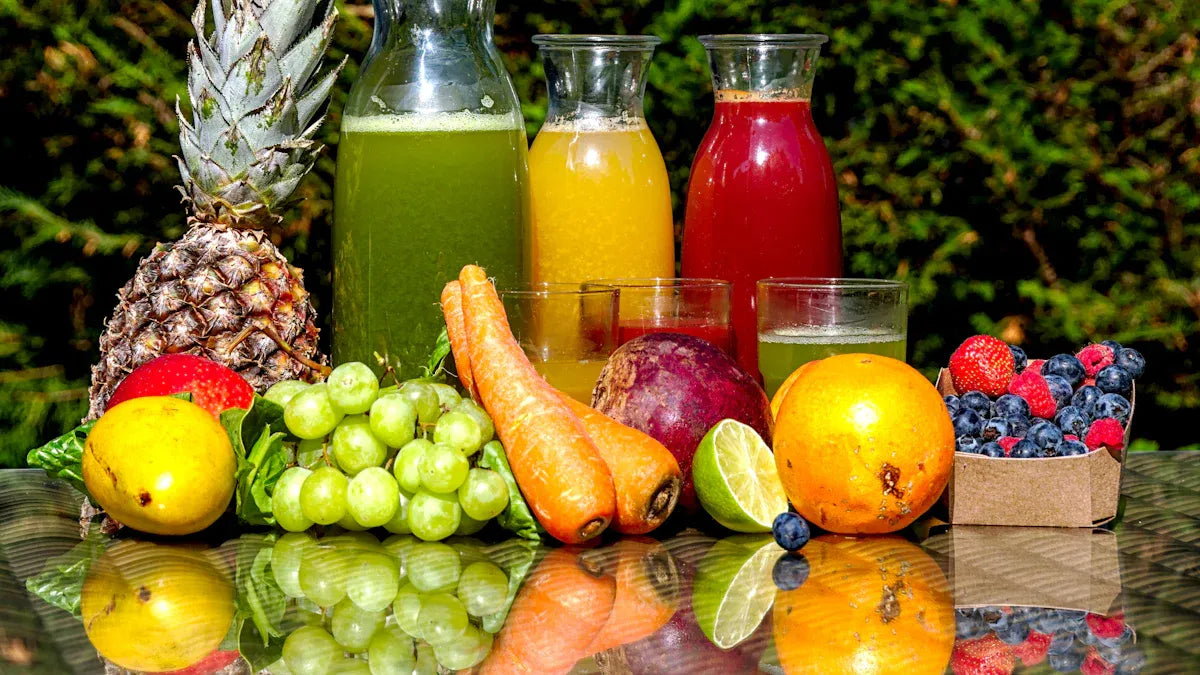
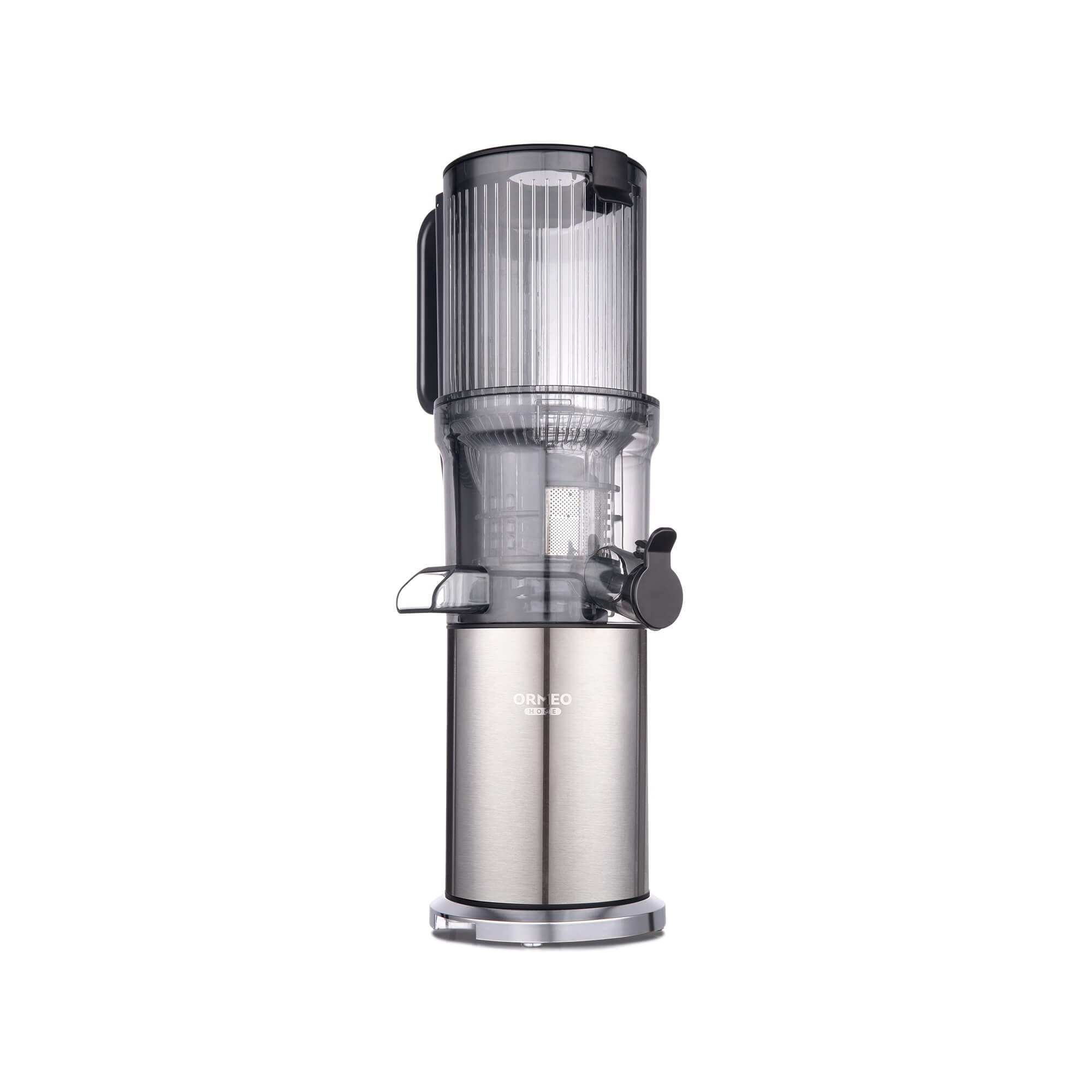
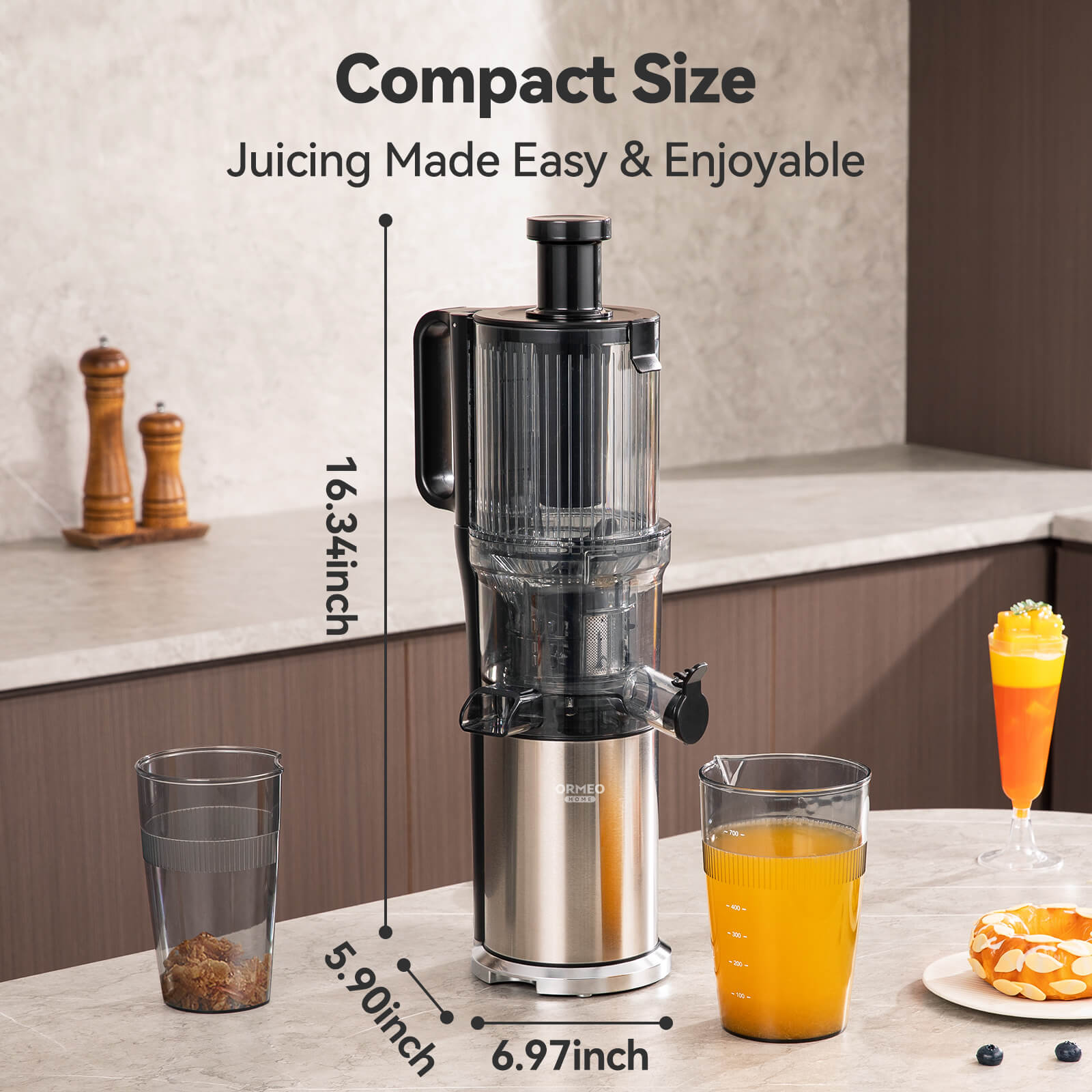
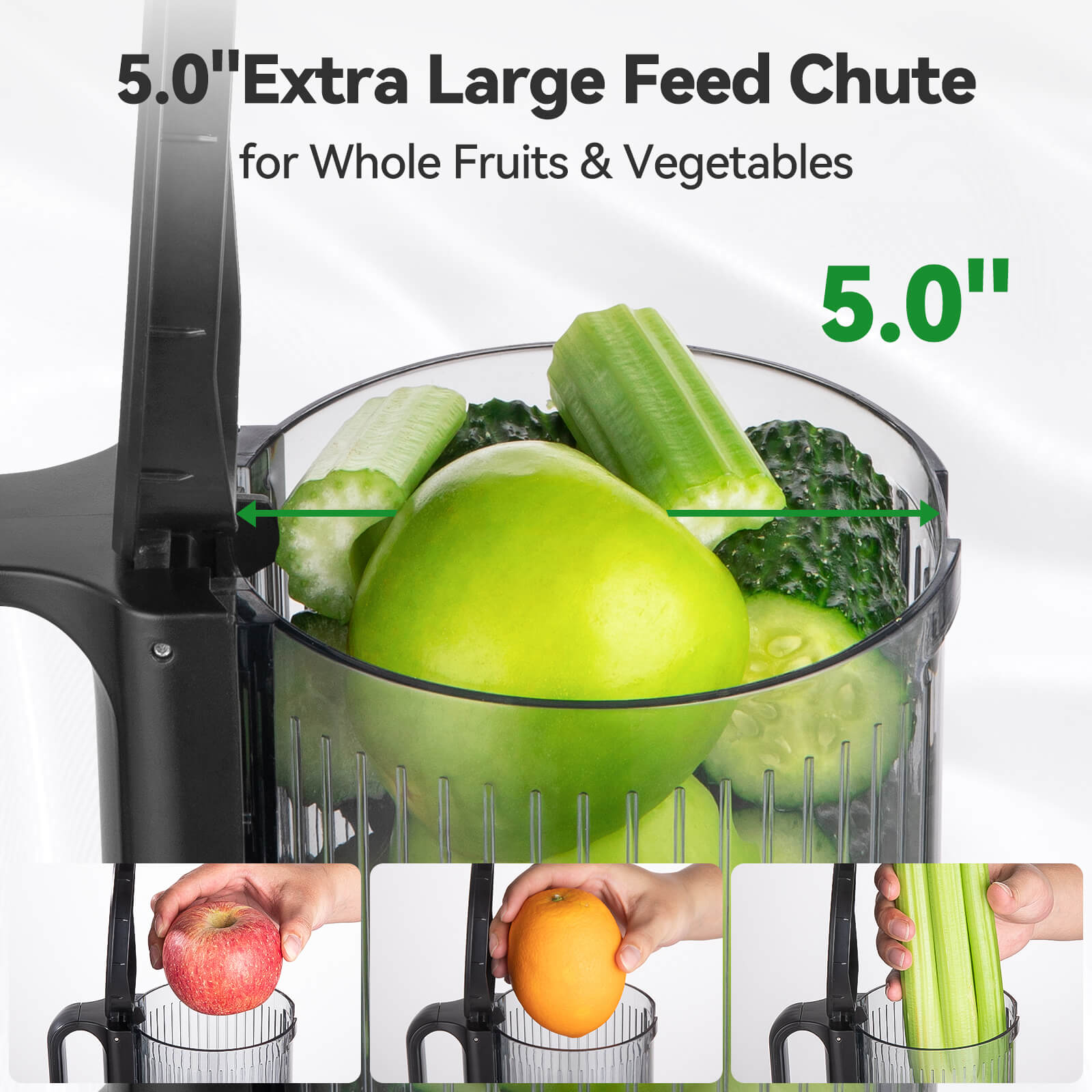
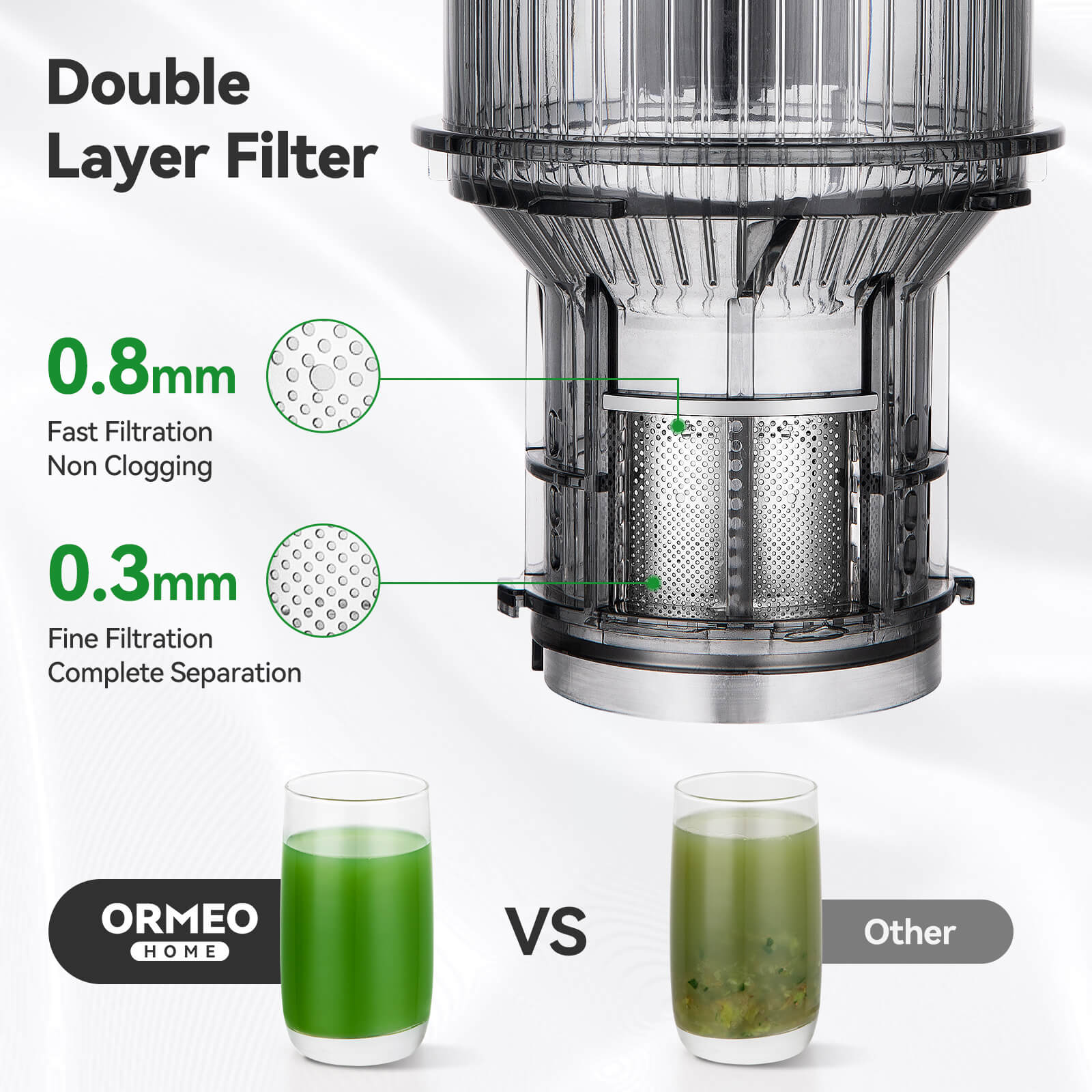
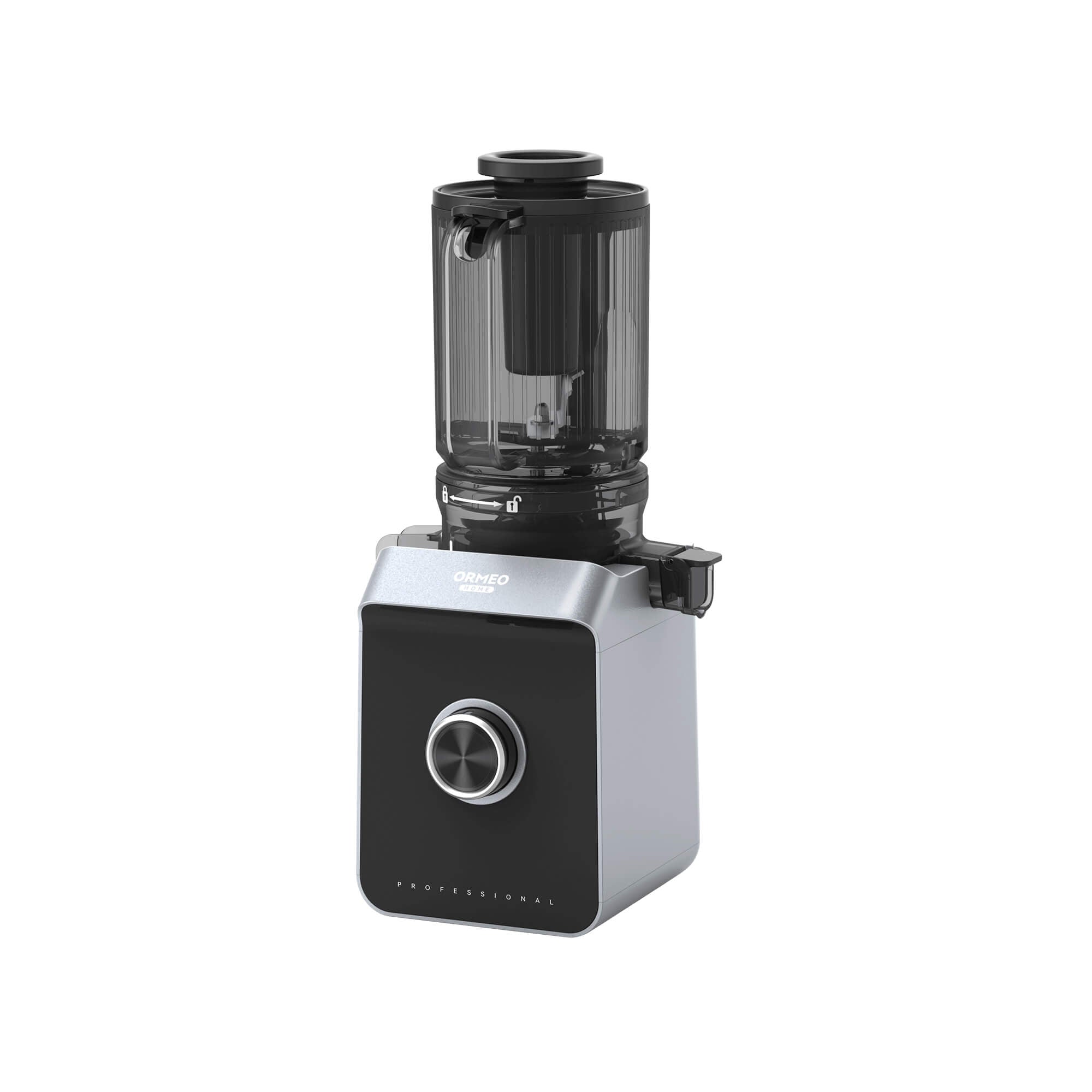
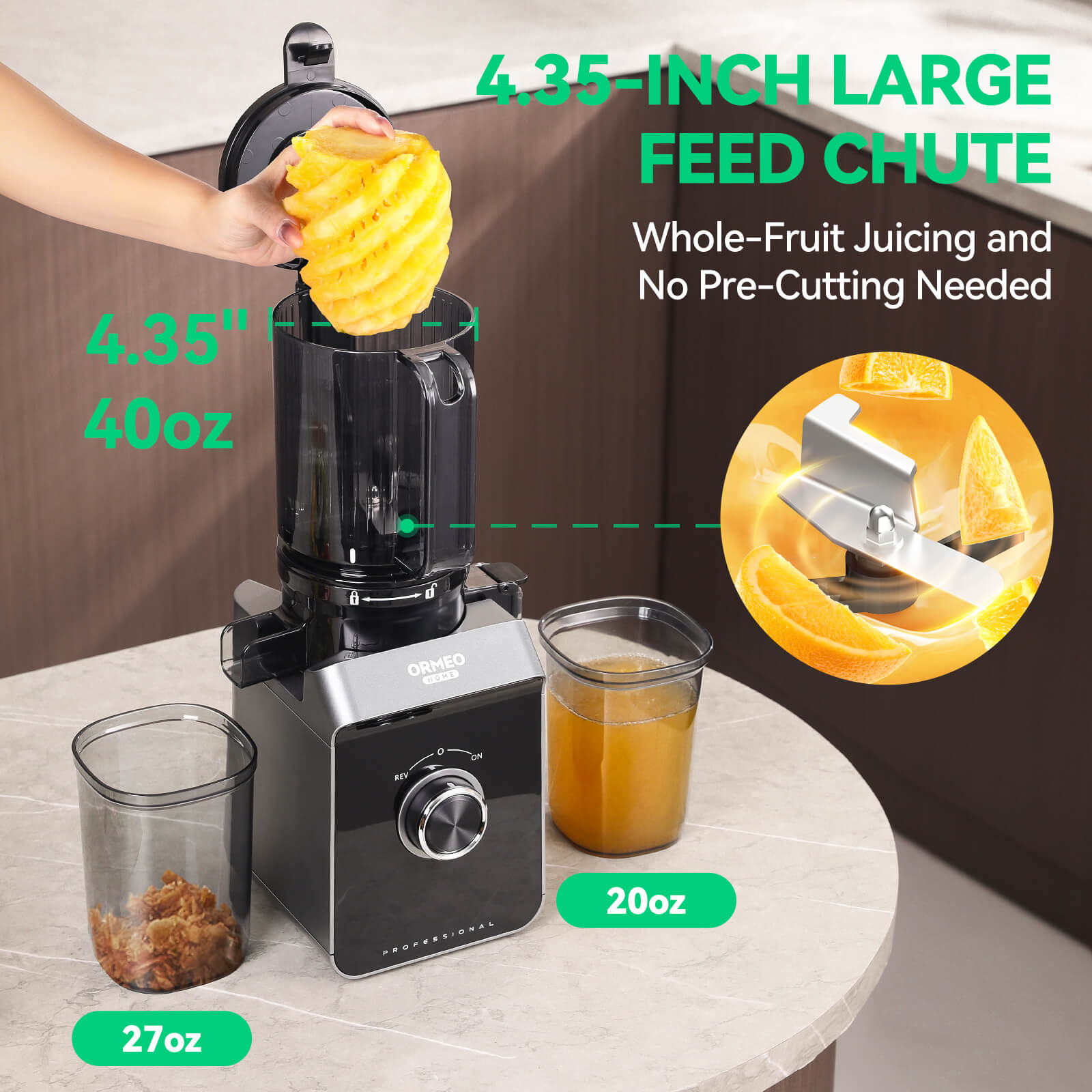

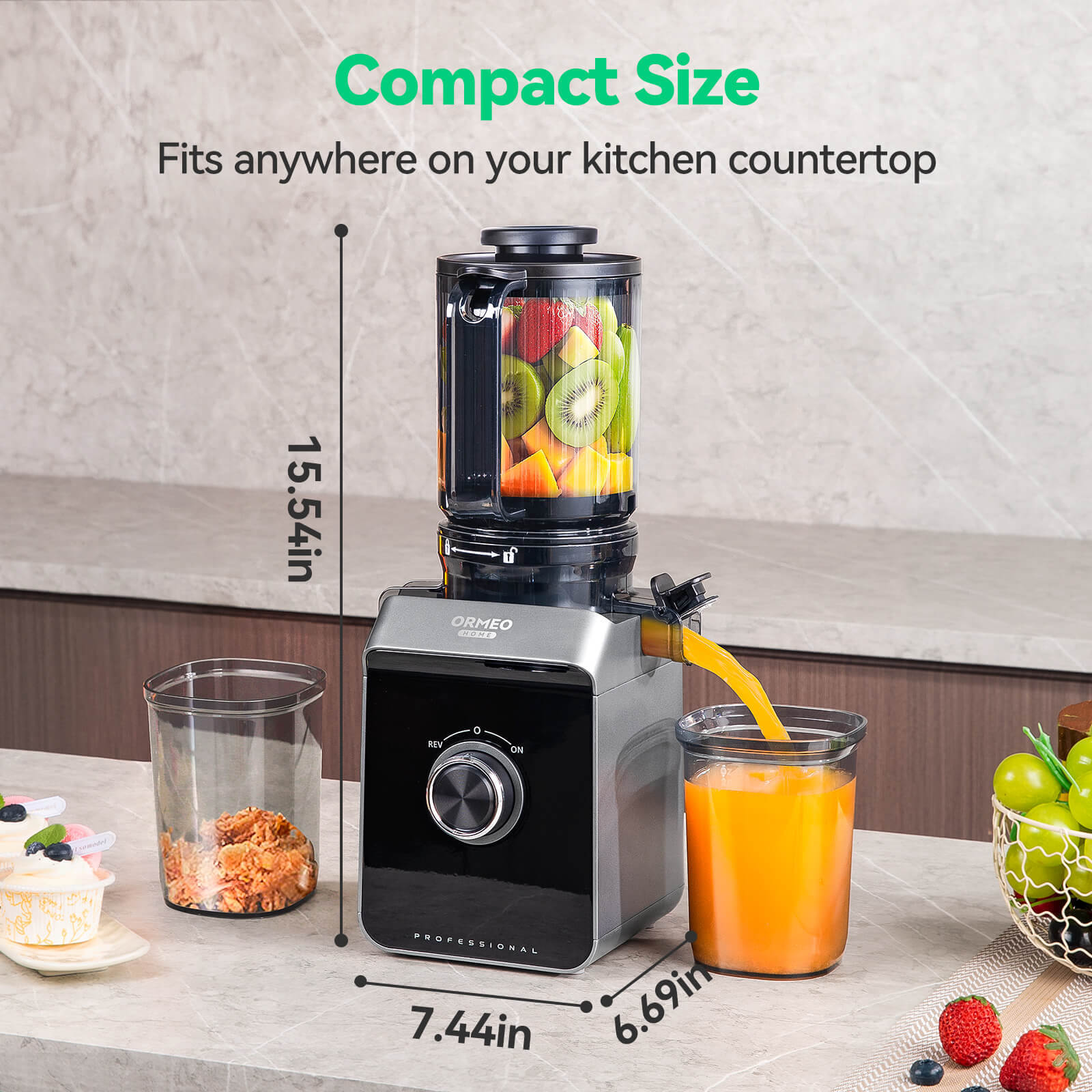
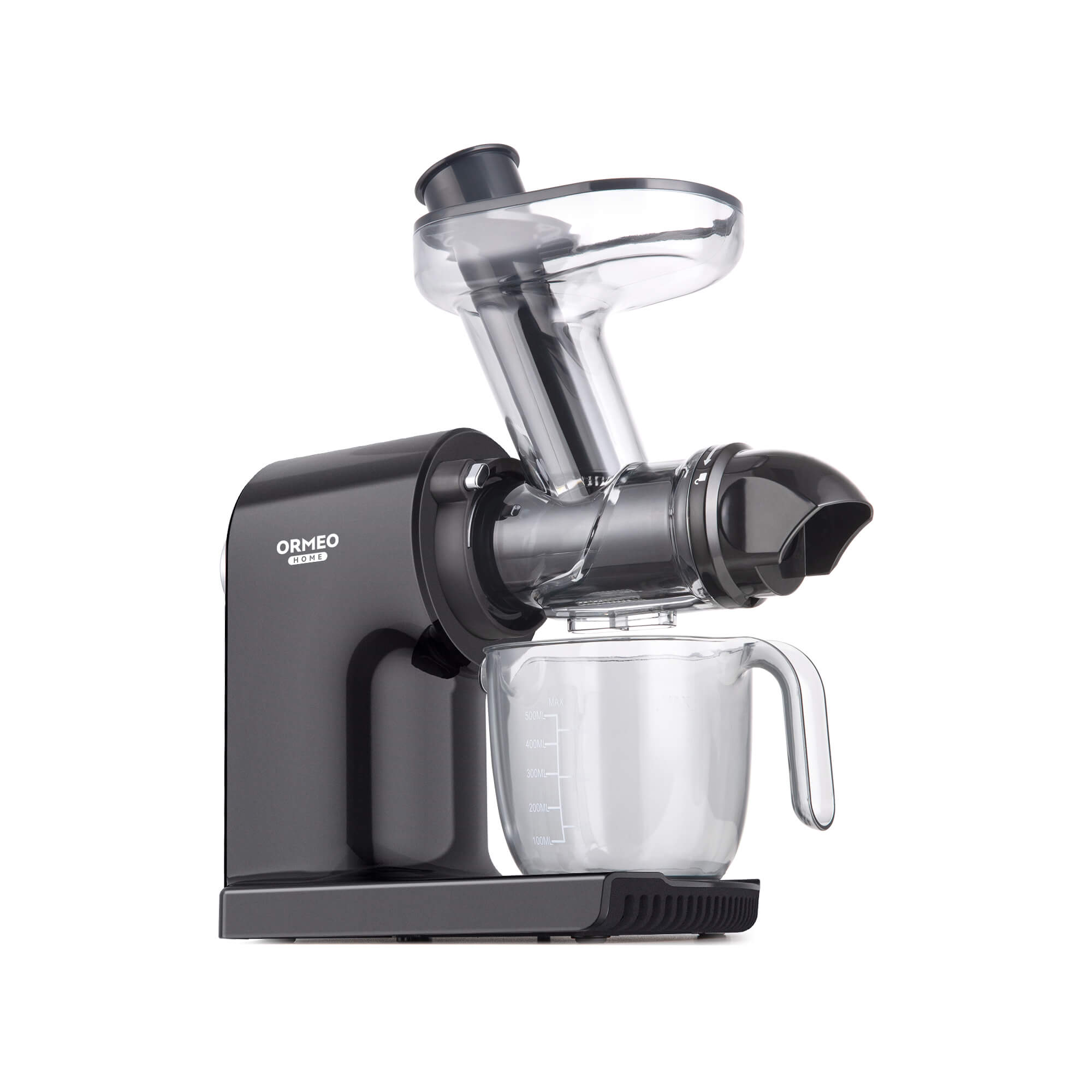
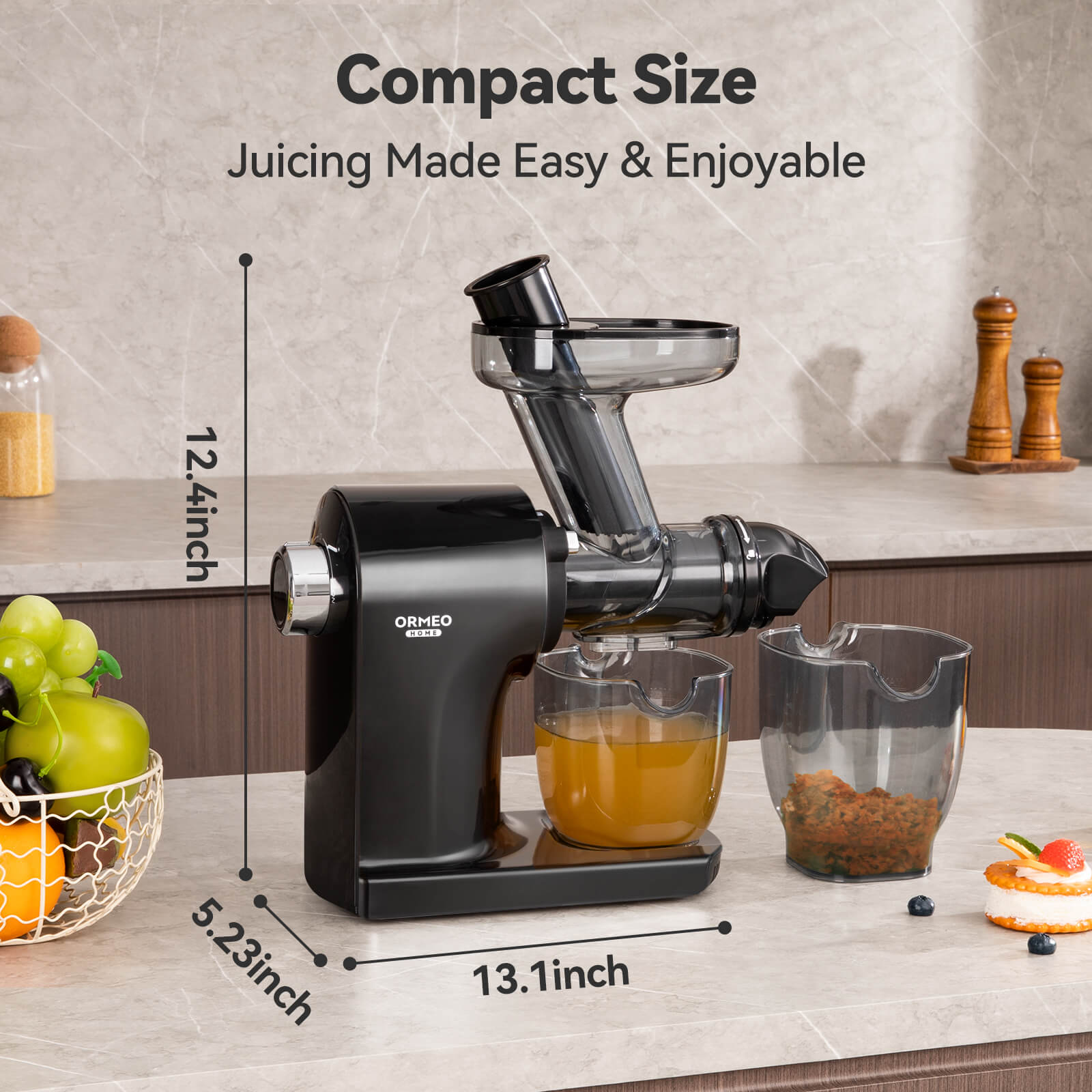
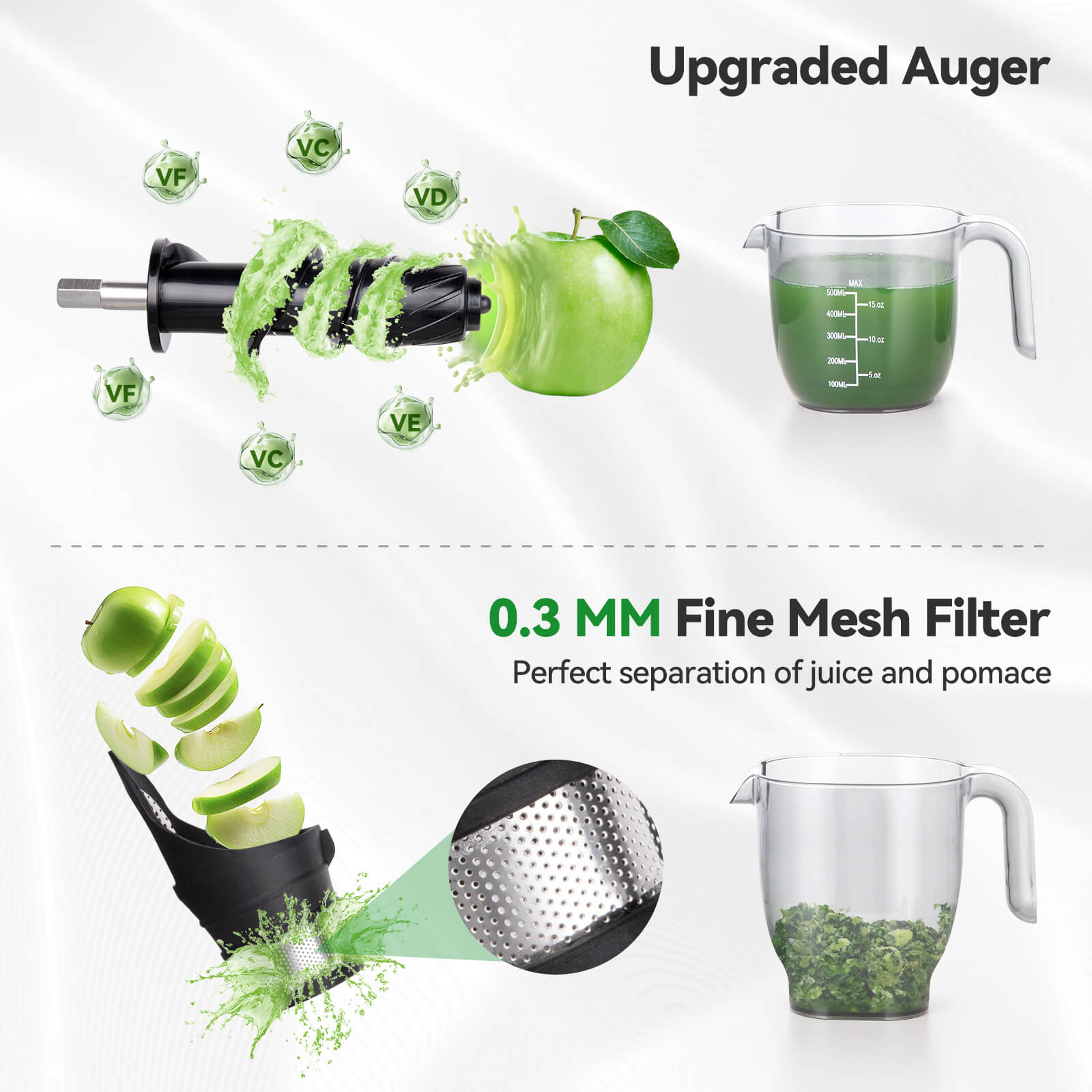
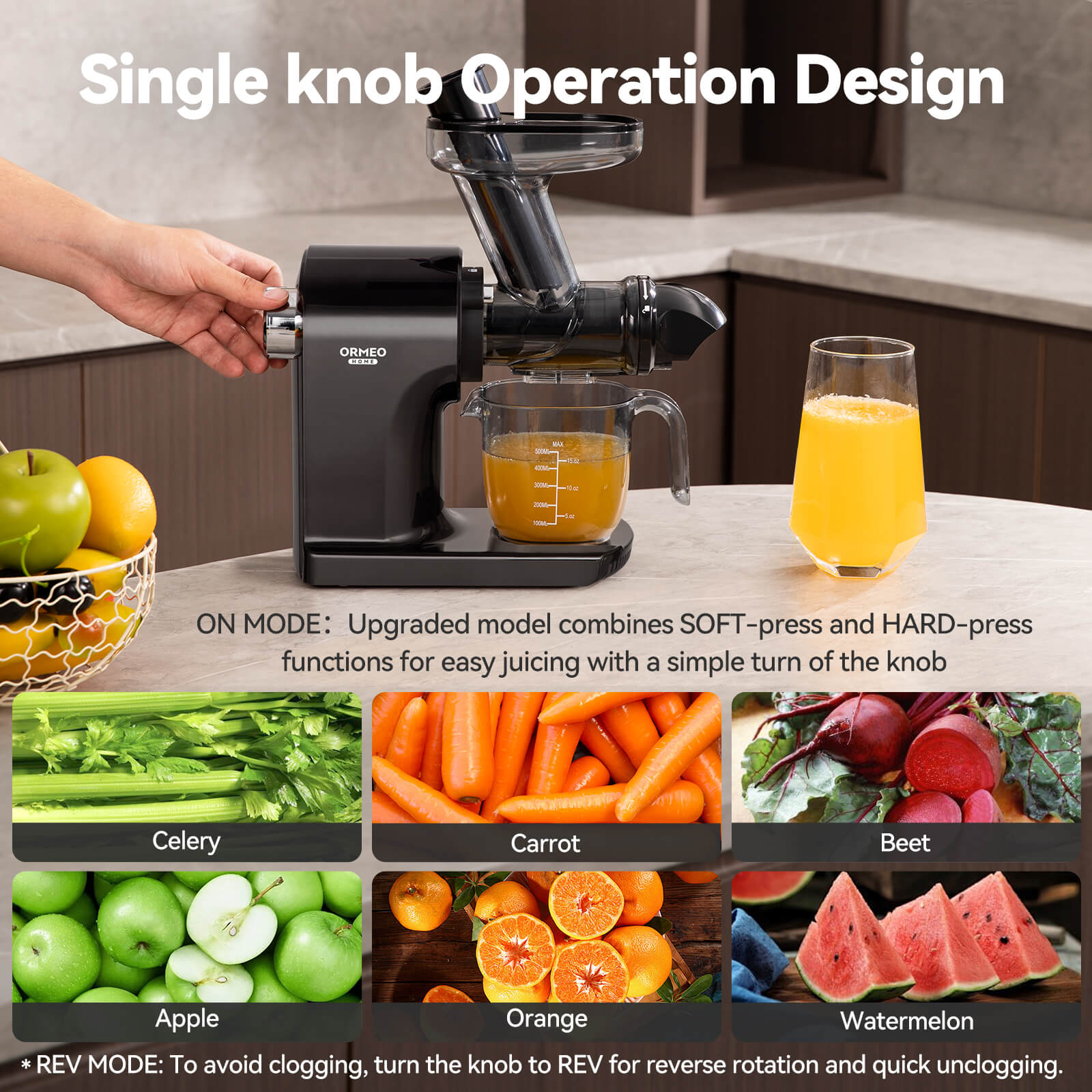
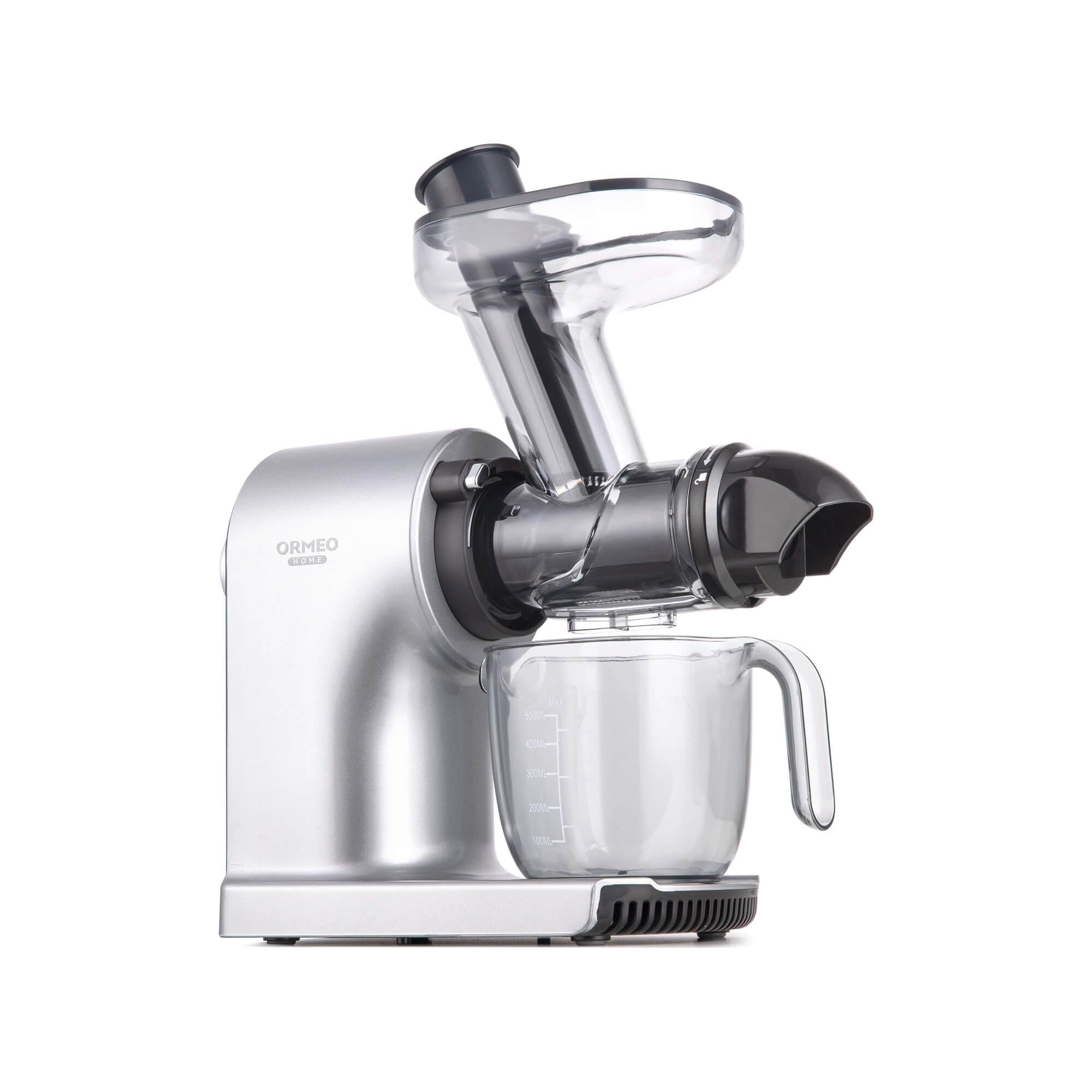
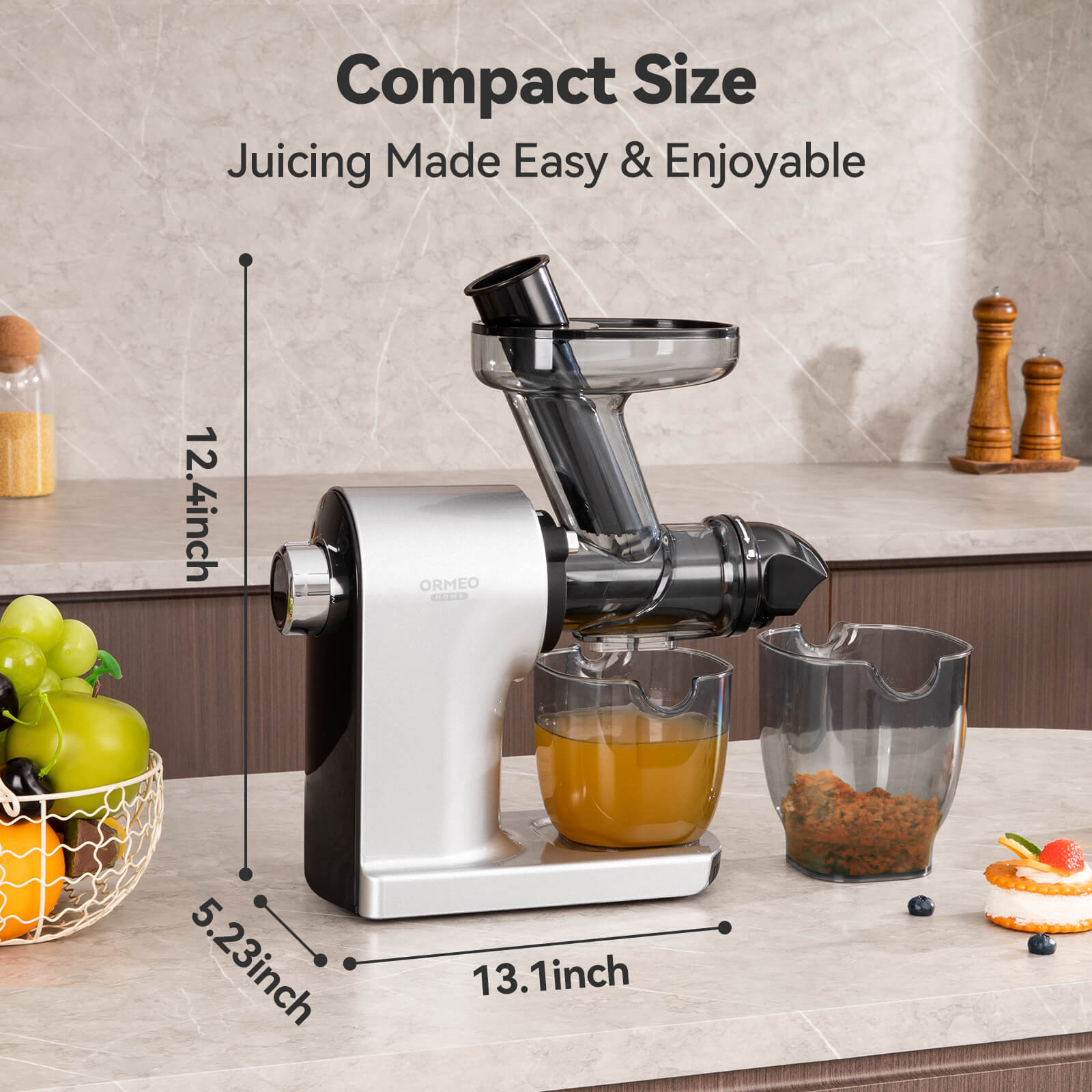
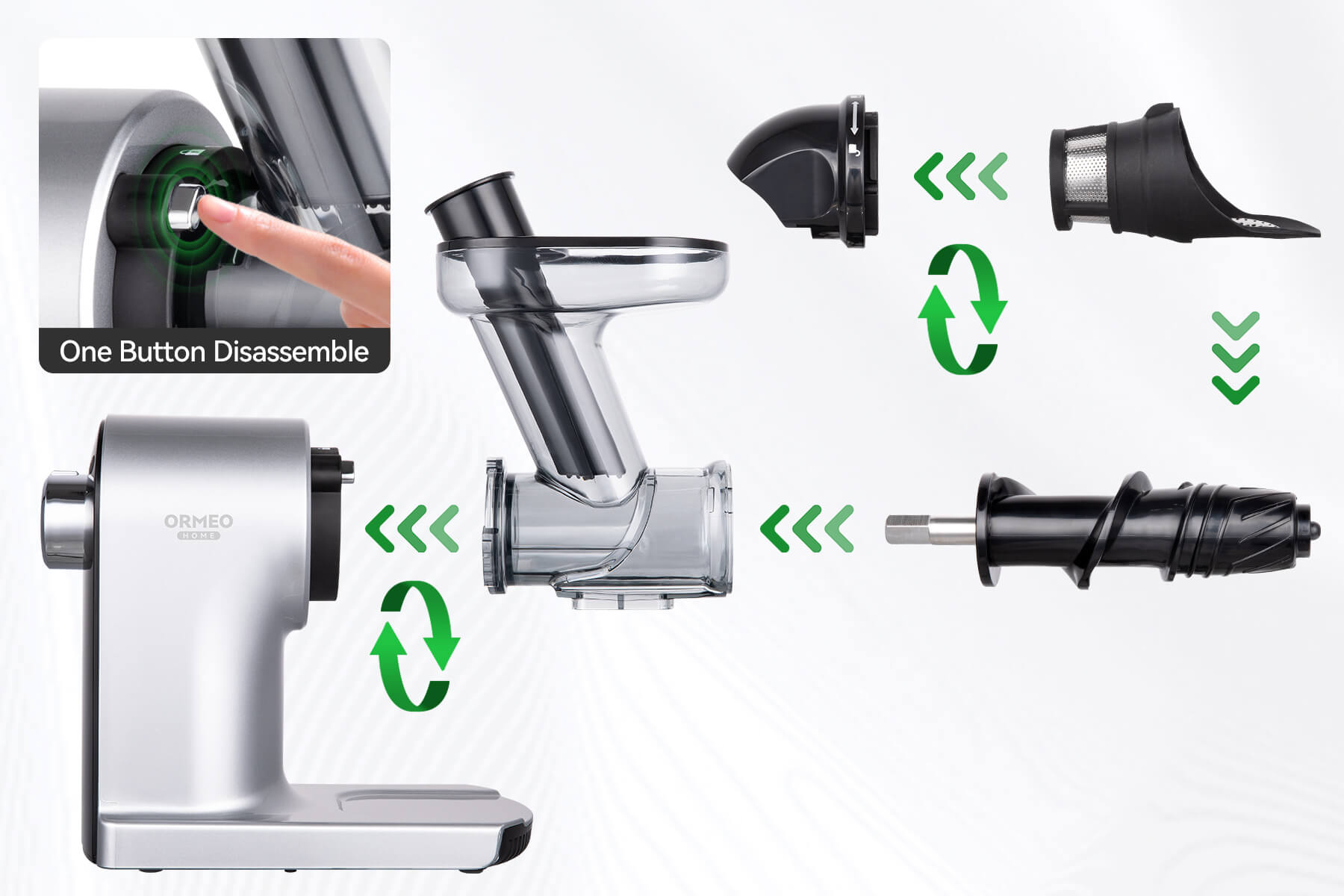
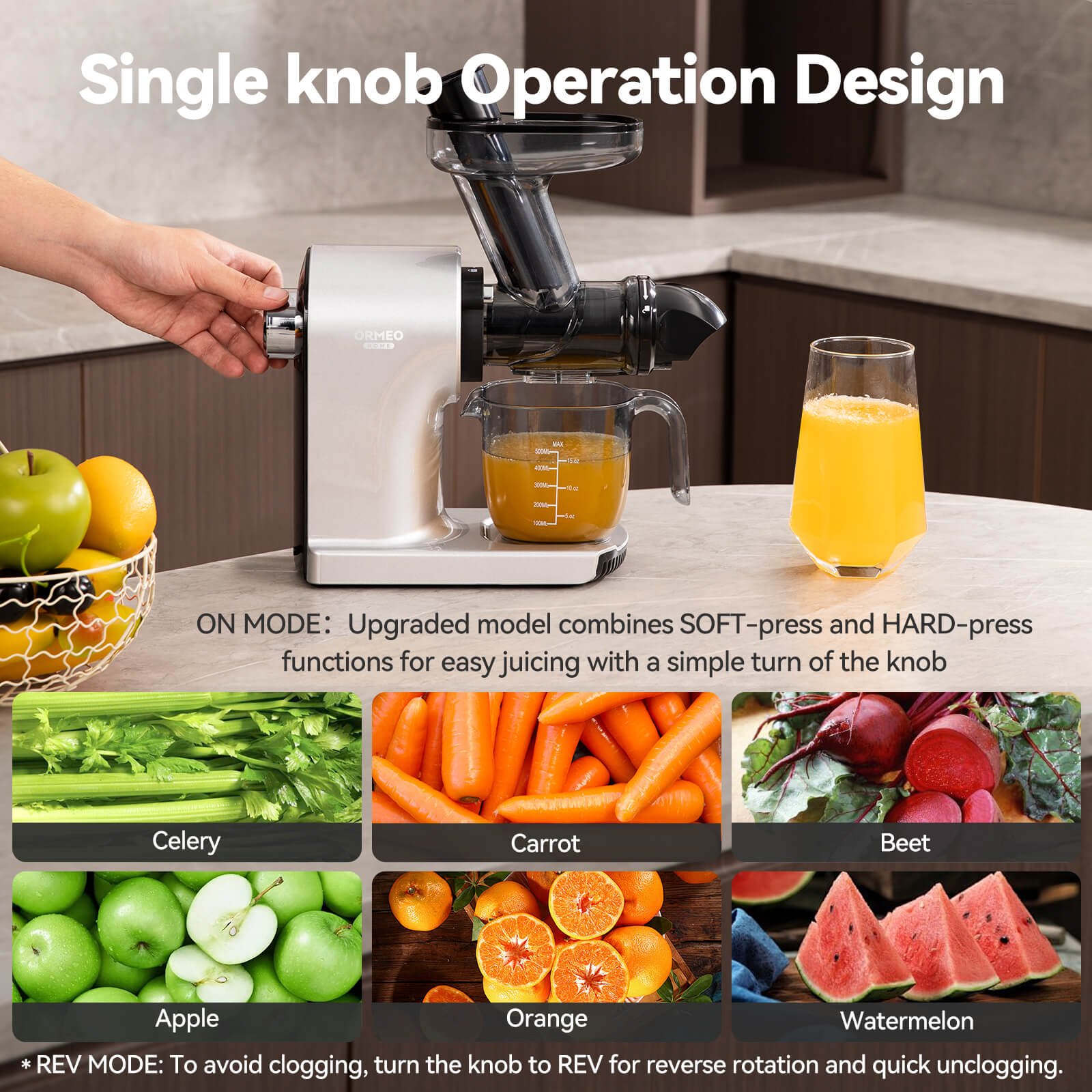
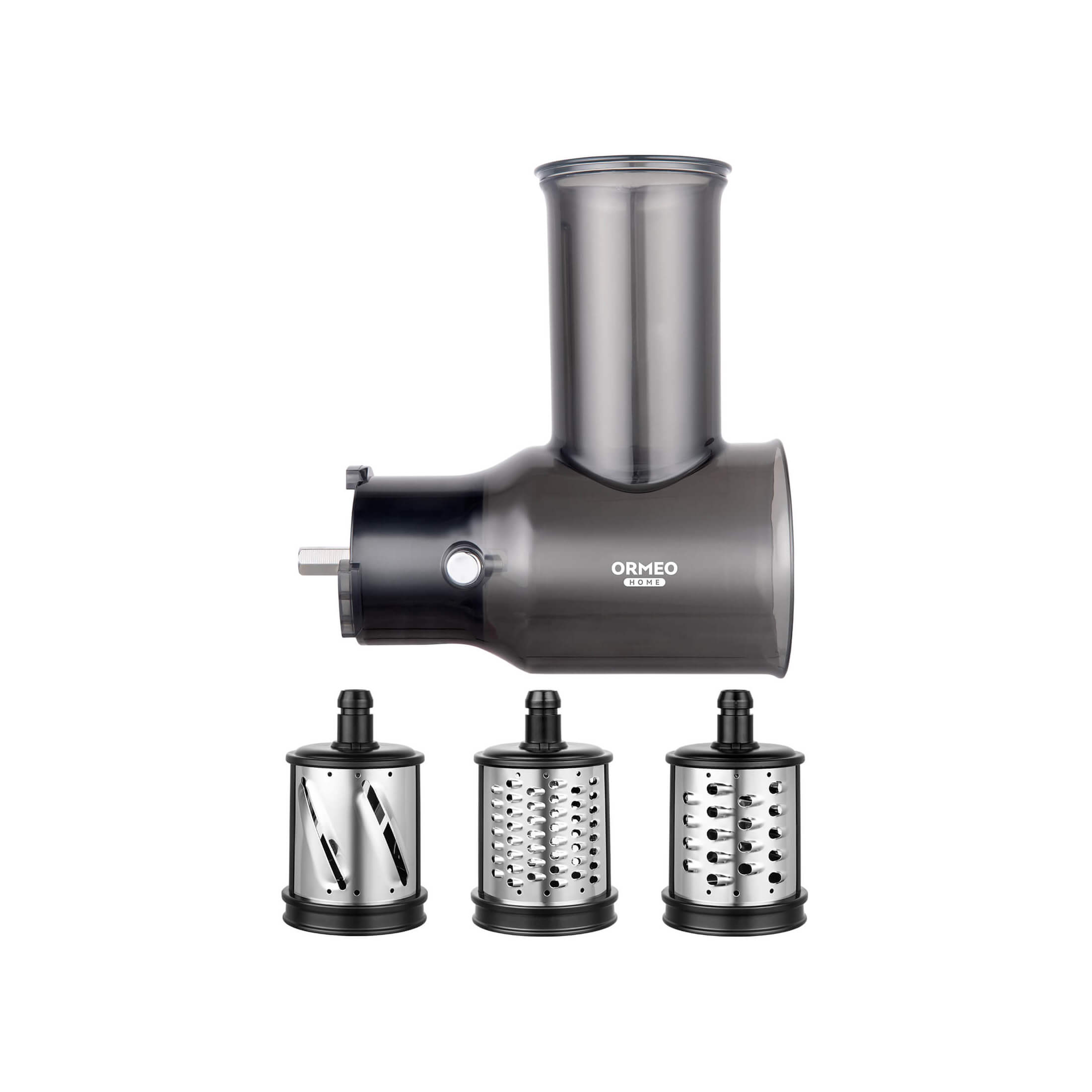
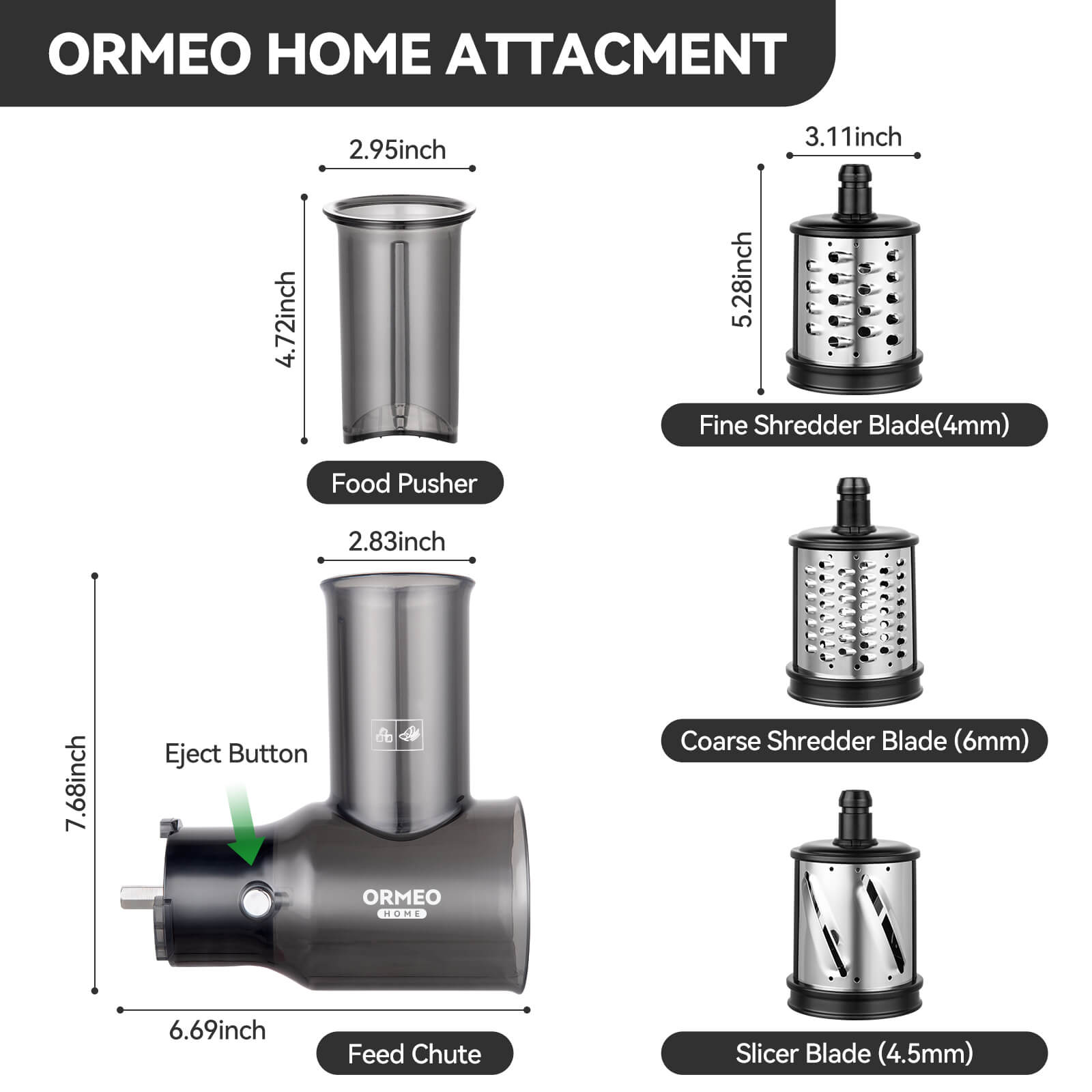
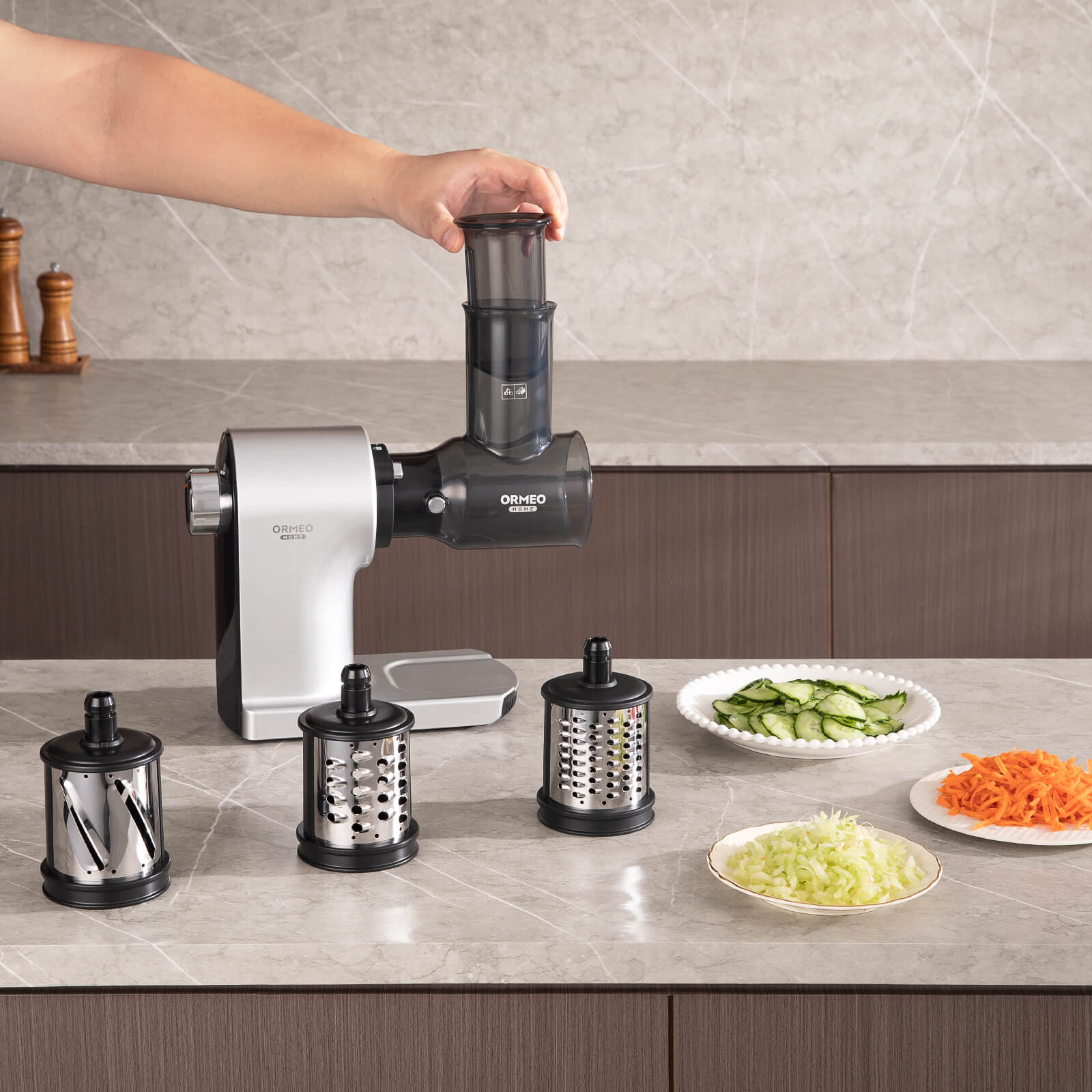
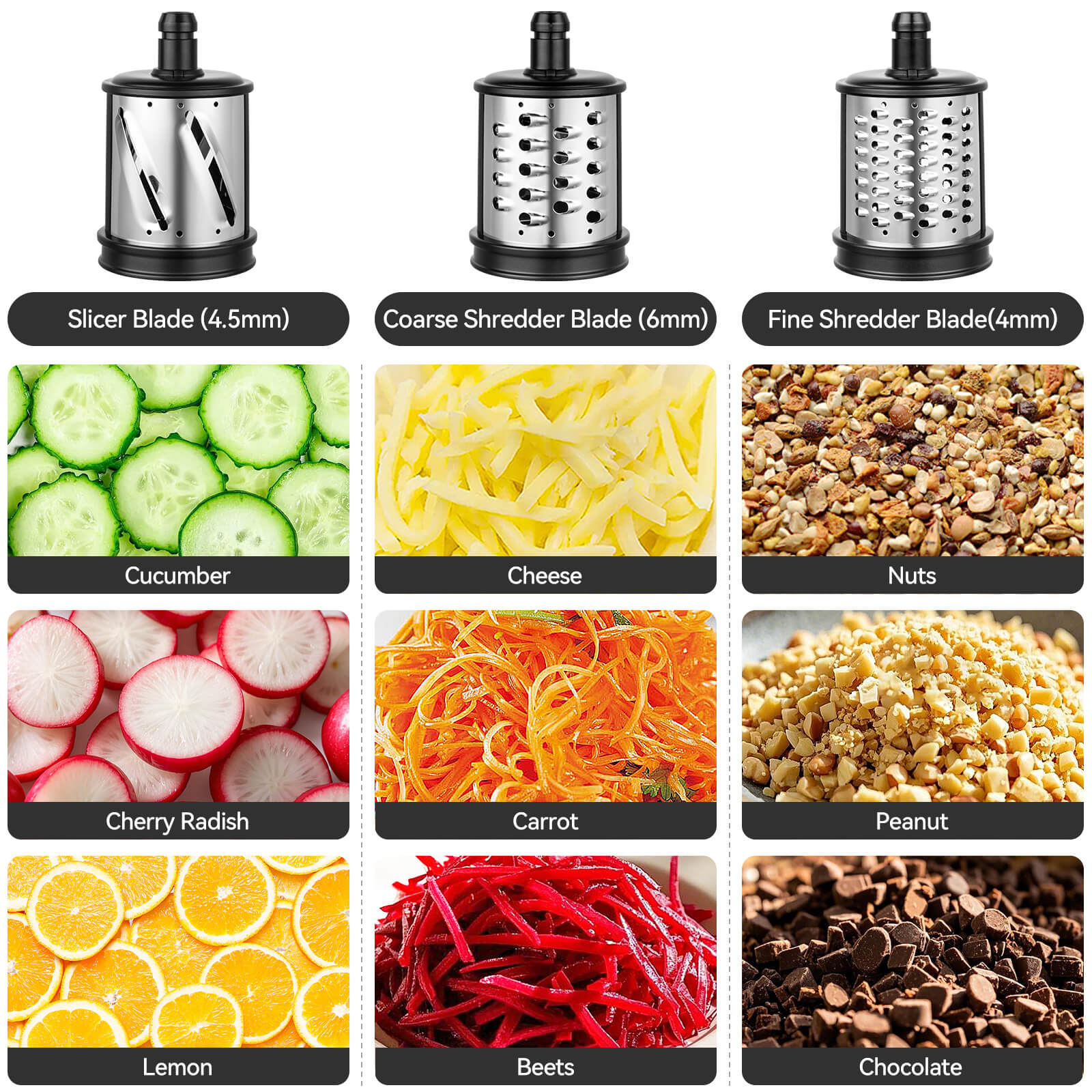
Share:
Top 5 Durable Juicer Machines for Health Enthusiasts in 2025
Find the Perfect Juicer with Recipe Book